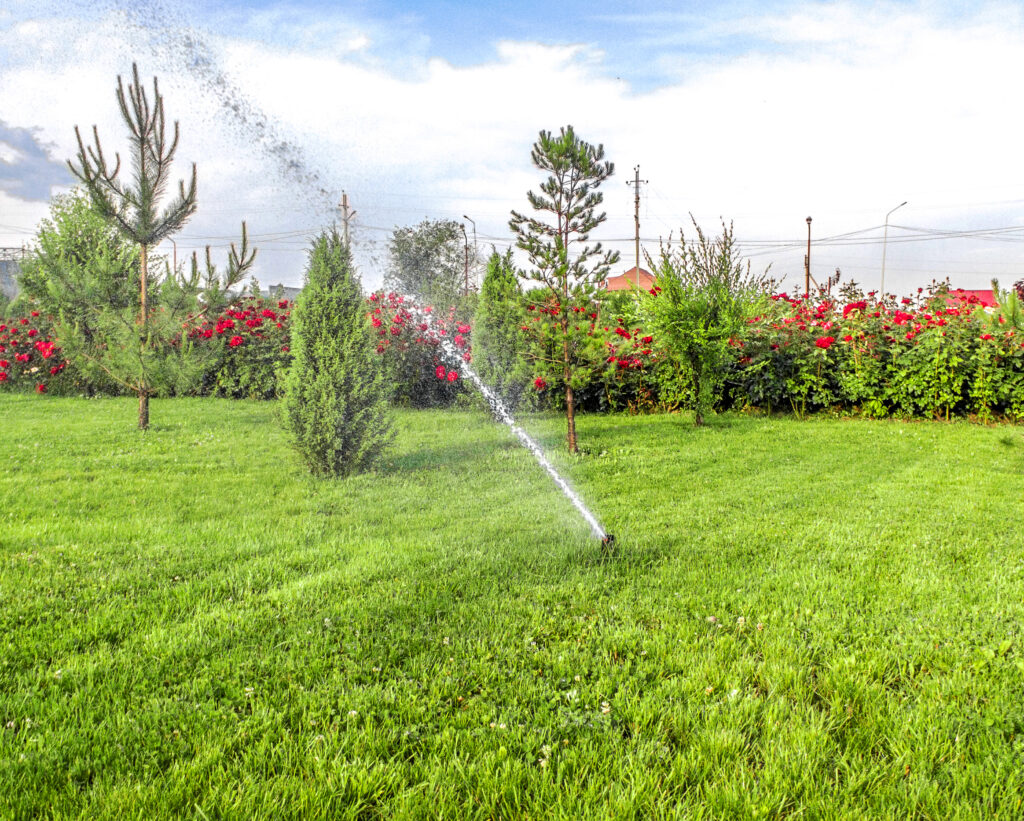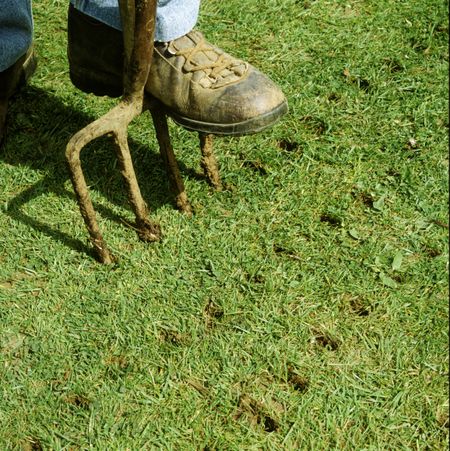7 Secrets to Keep Your Natural Lawn Grass Healthy and Green
Maintaining a vibrant, green natural lawn isn’t as elusive as it may seem. By following these seven essential tips, you’ll achieve a lawn that not only looks lush but stays resilient throughout the seasons.
1. Watering Deeply but Infrequently
Overwatering can drown your lawn, while shallow watering promotes weak root growth. Instead, water deeply, allowing the moisture to penetrate the soil and encourage roots to grow deeper. A longer gap between watering also makes your grass hardier.

2. Mow at the Right Height
Cutting your grass too short can stress it and leave it vulnerable to pests and diseases. Always adjust your mower blades to maintain grass at an optimal height—around 3 to 4 inches for most grass types—which helps shade the soil and reduce weed growth.
3. Fertilize Naturally
Chemical fertilizers might offer a quick boost but can weaken the soil over time. Opt for organic fertilizers or compost to enrich your lawn with essential nutrients slowly, improving the overall soil health and promoting steady, healthy growth.

4. Aerate the Soil
Compacted soil restricts root expansion and nutrient absorption. Aerating your lawn once or twice a year allows air, water, and nutrients to reach the roots more effectively. This process results in stronger, more resilient grass. 
5. Manage Weeds Proactively
Instead of relying solely on herbicides, which can harm beneficial organisms, adopt a proactive weeding strategy. Hand-pull weeds when the soil is damp or use natural herbicides like vinegar. Keeping your lawn dense also helps crowd out weed growth naturally.
6. Control Pests Naturally
A balanced ecosystem in your lawn can prevent pest infestations. Encourage natural predators like birds, or use eco-friendly pest control solutions to avoid harming beneficial insects. Consider planting pest-repellent flowers around your lawn to deter bugs.
7. Overseed Annually
Lawn thinning can happen over time, so overseeding helps maintain a thick, healthy lawn. By spreading seeds in the early fall, you introduce new grass growth that fills in bare spots and crowds out potential weeds, keeping your lawn looking lush. With these practices, you’ll enjoy a healthy, green lawn that remains strong against the elements without overreliance on chemicals. The balance between natural care and proactive maintenance is key to achieving long-lasting beauty for your grass.
I recommend checking out:
- How to plant lawn grass: A Quick Guide
- Mowing Heights By Season And Grass Type
- What Is the Best Warm Season Grass for Your Lawn
- Natural Weed and Grass Killer Recipe for a Chemical-Free Lawn
- What type of machine is used to cut grass?
- 5 gorgeous flowering plants to bring home in summer
- 10 Stress Relieving Indoor plants for home
- 10 plants you can easily grow in a bottle
- 5 Easy Tips to Maintain a Tulsi Plant at Home
- 5 Medicinal Plants to Grow at Home
- 10 palm plants to grow at home
Last Updated on 1 year ago by Anjali Mehra Ph.D. in Horticulture (Punjab Agricultural University)
- Grass Types that Survive Frost & Snow (Uttarakhand-Specific) - December 6, 2025
- Low-Water Grass Varieties for Hilly Homes in Uttarakhand - December 1, 2025
- Mexican Grass vs Bermuda Grass – Which is Best for Indian Lawns? - November 28, 2025

